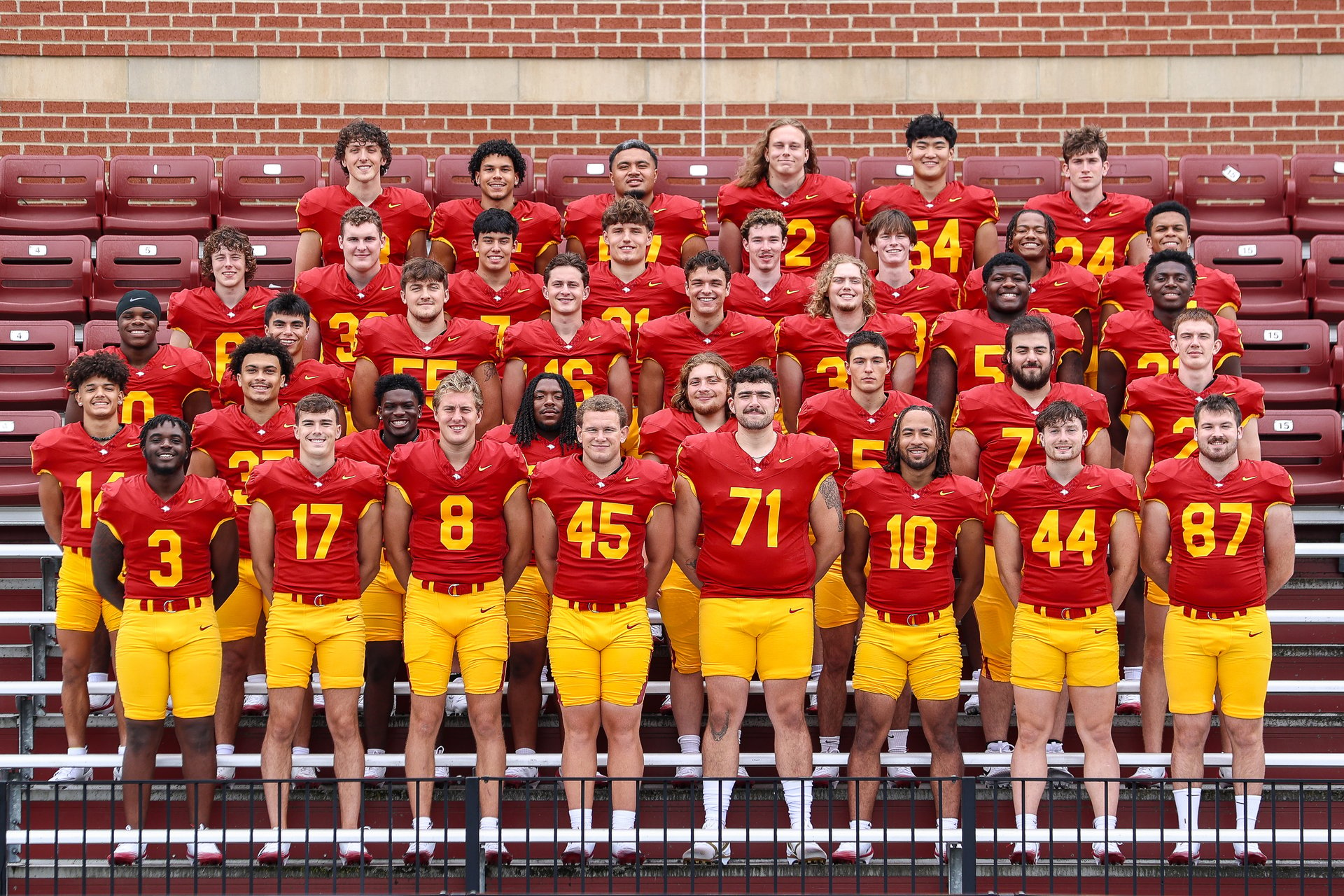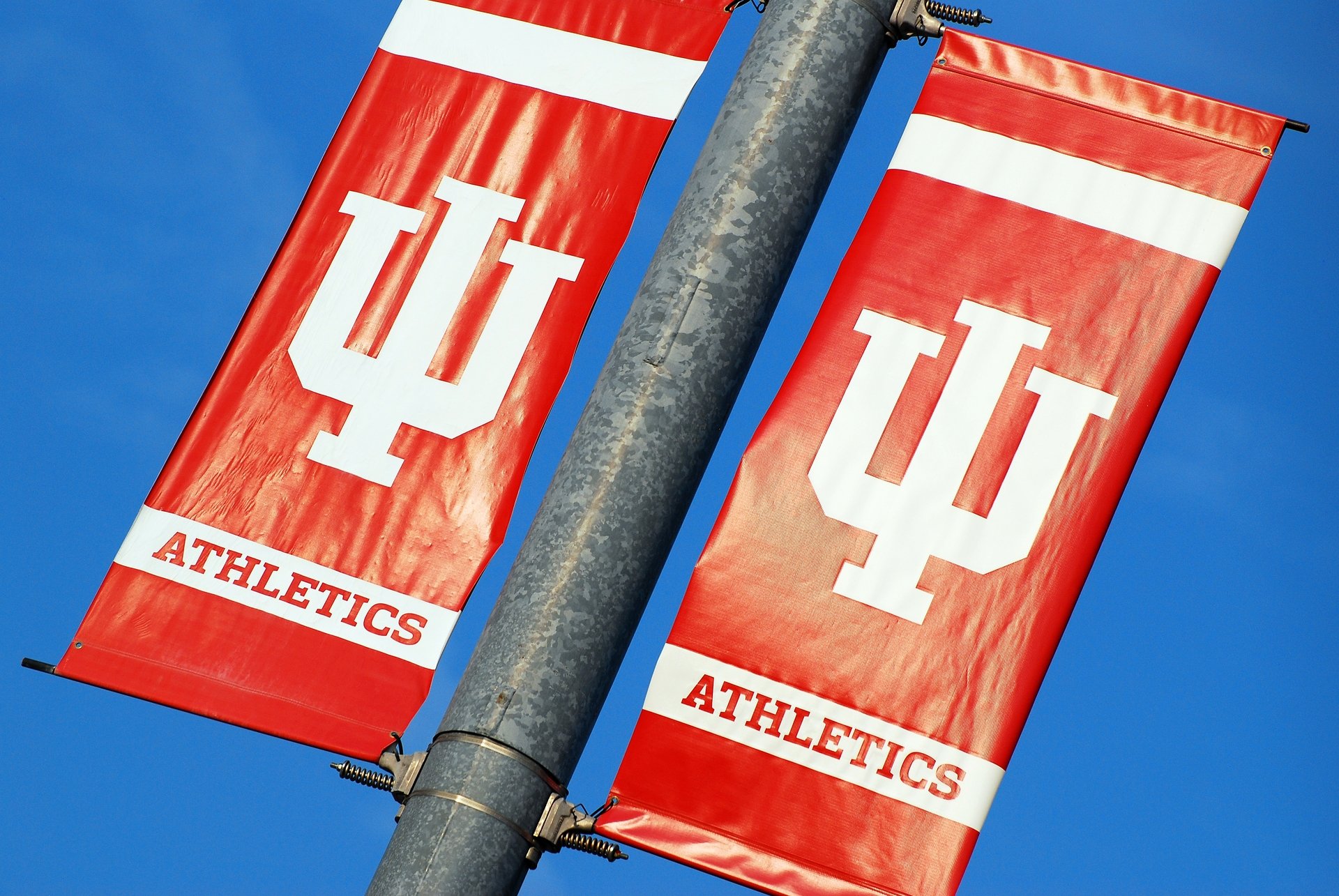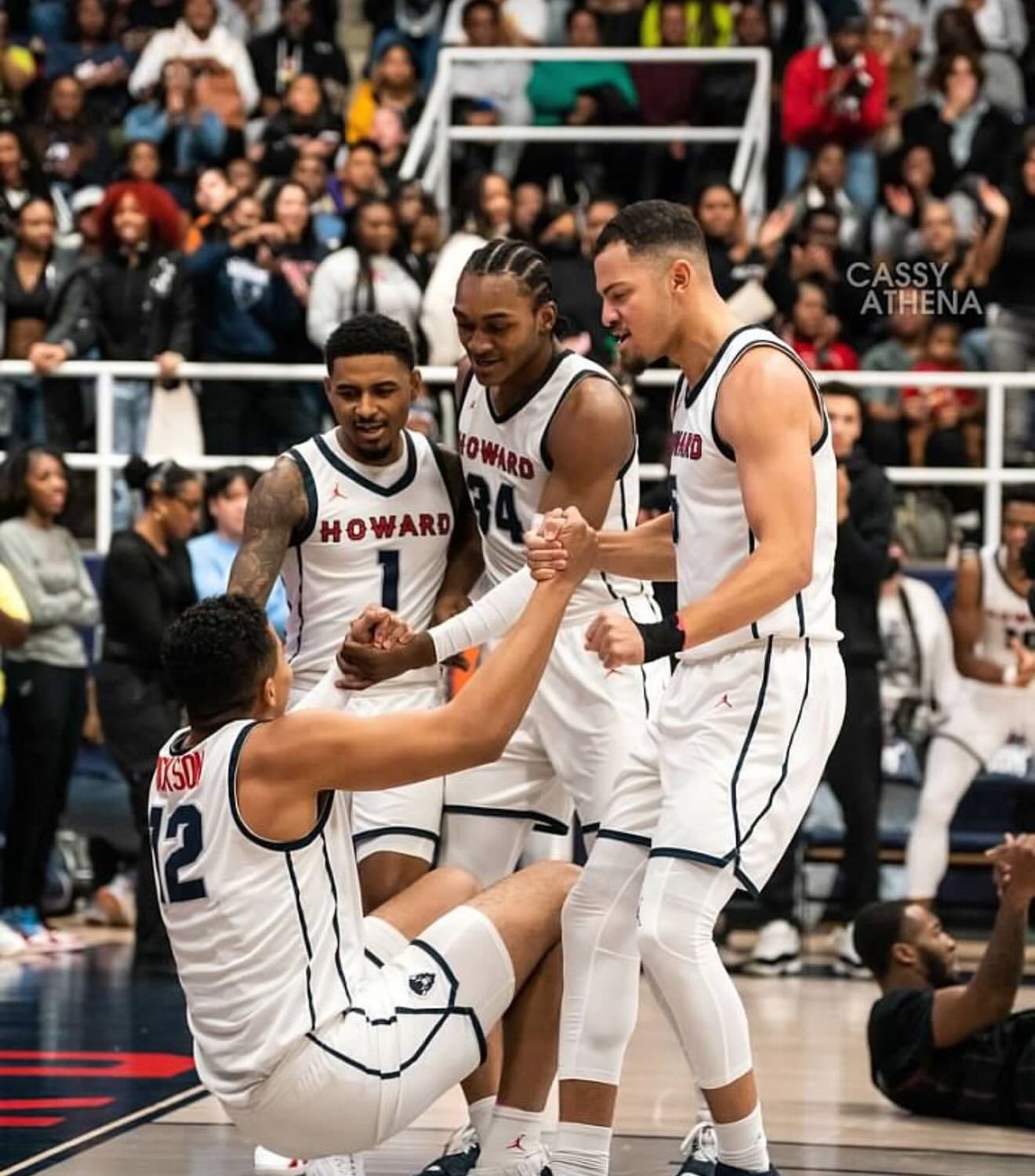Good morning, and thanks for spending part of your day with Extra Points.
Christmas is coming, which means Extra Points is going to shift to a truncated publishing schedule for the next two weeks. This will be my only newsletter this week. Next week, I’ll publish two, and then we’ll return to the typical publishing schedule with four newsletters a week, starting in the new year.
I think 2021 is going to be a big year for Extra Points. I’ll be rolling out several new features over the coming weeks, and have a few new reported stories coming soon that I think you’ll enjoy. If you want to make sure you catch everything, you can grab a subscription, which gives you all four newsletters a week, and access to our special Discord chat room and some even more special bonuses, coming in 2021.
And hey, there’s still time to grab a gift subscription for a friend!
Okay. Enough of the ads.
There’s been an absolute deluge of college athletics news over the last few days, from National Signing Day, to the College Football Playoff rankings, to coach firings and hirings, the Supreme Court, and {gestures to everything in the real world}, so you might have missed a particularly interesting development in Washington D.C. Senator Cory Booker (D-NJ), a former D-I football player himself, announced the Democratic answer to various Republican-authored NIL and college athletics related bills: the College Athlete Bill of Rights.
I don’t think this particular proposed legislation is noteworthy because it is likely to become law as currently written. It isn’t. I also imagine whatever NIL related bill eventually does get passed will not include the most buzz-worthy portion of this bill, a requirement for athletic departments to share revenue with athletes.
But whatever eventually does get passed could very well include many of the other issues this particular bill tries to address. If you’re one of the many fans whose interest in the NIL debate only extends to whether EA Sports can finally bring back the NCAA video game, good news, this bill specifically allows for athletes to enter into group licensing agreements, a requirement for the game to come back.
There’s a bunch else in here too. Via SI:
Booker’s legislation also calls on the Departments of Health and Human Services (HHS) along with the Centers for Disease Control and Prevention (CDC) to develop health standards for college athletics, with specifics for concussions, traumatic brain injuries and sexual assault.The bill requires athletes to receive a scholarship for as many years as it takes for them to receive an undergraduate degree, and it also bans coaches and administrators from influencing or retaliating against a college athlete for their choice of academic major or course.A medical trust fund would be created for athletes to use to cover the costs of any out-of-pocket medical expenses while in college and for five years after their eligibility expires, if used to treat a sport-related injury.And finally, the bill would lift all restrictions and penalties that prevent athletes from attending the school of their choice, including transfer penalties and those tied to national letters of intent, documents that when signed bind a player to a certain school.
Unlike other legislation proposed by Sen. Rubio (R-FL) or Sen. Wicker (R-MS), Booker’s bill also doesn’t appear to grant the NCAA an antitrust exemption. That’s going to be an absolutely critical aspect to any federal legislation. Depending on the details, an exemption could be used to curtail athletic department spending, coaching salaries, or to create hard limits on how expansive the NIL marketplace can become for athletes.
There are a lot of ideas in this bill. Some of them good, some of them maybe less good. Together, they lay out a very different idea of how to approach college athletics reform.
Generally, legislation proposed by Republican politicians has been very limited in scope, specifically addressing just one issue: the name, image and likeness rights of college athletes.
To the extent that the federal government is involved in college athletics reform at all, there is a school of thought that seems to believe it should only be involved rectifying a specific and limited economic wrong.
The Booker philosophy seeks a much more expansive remedy, one that seeks to address financial exploitation on multiple levels, but also deficiencies in health care, data reporting, academic access, and others.
I don’t think this is just a Big Government/Limited Government debate. It’s just another manifestation of stakeholders being unable to decide exactly how to approach college athletics reform. Is this a precision job, one that can be addressed with regulatory tinkering, or will heavy machinery be needed?
They’re not the only ones who can’t agree. Even the college athletics reformers aren’t in agreement.
I’ve been thinking a lot about this piece from former Extra Pointers Daniel Libit and Luke Cyphers over at Sportico. It’s absolutely worth your time if you missed it last week.
Libit examines some of the tensions even among those who identify as college athletics reformers. The dominant school of thought, and one that I personally sympathize with, is also focused on expanding NIL rights for athletes. But not everybody sees that as a positive.
Take Jon Ericson, a former provost at Drake, and the founder of The Drake Group, a large and influential college athletics reform group. Even as current Drake Group members, like B. David Ridpath at Ohio University, have advocated for NIL reforms and against schools dropping Olympic sports programs, Ericson believes reform arguments should be centered elsewhere. Via Sportico:
He {Ericson} contends that the prioritization of athlete interests, however well-founded and enlightened, has led to a short-sightedness about how big and multifaceted the problem really is. If tomorrow athletes were granted total financial freedom, beyond NIL rights, that would do very little to answer the question of why a multibillion-dollar sports enterprise should enjoy tax-exempt status, governmental support and massive subsidies from everyday college students by being conjoined with the American higher education system .
On Twitter, in newsrooms staffed with Ivy graduates and among some faculty groups, you can find those wondering why colleges are still involved in big time athletics to begin with, and that the entire enterprise is so thoroughly rotten that it isn’t worth reforming. But I think Libit is correct in that most of America is not particularly interested in that debate anymore.
That isn’t a modern phenomenon either, although college athletics has almost certainly gotten bigger and even more entrenched after the deregulation of cable broadcasts sent revenues skyrocketing in the 1990s. Regular attempts by the academic community to limit Big Football failed almost every decade, going back to the turn of the century.
We had the Angell Conference in 1906, born from media reports of rampant professionalism amid midwestern powers. It sought to ban training tables, increase faculty and presidential control, and limit the commericalism of college athletics, reforms that essentially failed in the following years. We had the Gates Commission in 1932, which sought to roll back the excesses in athlete recruitment and spending, also fizzled out. You’ve probably heard of the 1929 Carniege Report, a remarkably contemporary document that led to few meaningful reforms or changes. After WWII, we had the ACE Special Committee and the accreditation efforts of North Central to eliminate athletic scholarships. If you’re interested in those later efforts, I highly recommend College Football: History, Spectacle and Controversey by John Sayle Watterson.
Some of these organizations had good ideas! Many of them accurately described college athletics! But they were mostly steamrolled by an unsympatheic public and by administrators and boosters who demanded that the show go on.
But even if the Ericson wing of the reform argument is set aside, left only to faculty unions and writers who unironically say things like ‘Sportsball’, there are still plenty of other questions.
Is the best course of action to remain focused on NIL, or athlete economic exploitation more broadly? Or is the best move to take an approach closer to what Murray Sperber argued in Beer and Circus, and focus on how the current athletic status quo actually harms regular students or higher education in general? Should reform focus on racial justice? Health care access? Does an all of the above approach risk watering down the arguments posed elsewhere? The road to college athletics reform is littered with failed attempt after failed attempt, so I don’t think those are necisarrily obvious questions.
And that’s not just for reformers and politicians. I’m not sure there’s clarity even among college athletic administrators! Again, the data collected by the latest Knight Commission report paints a picture where leaders in college athletics, from ADs to presidents to conference commissioners, all agree that D-I needs some significant reforms, and that the status quo incentivizes bad outcomes and bad decisions.
But should the focus be on closing the massive resource gap between institutions, one that stakeholders agree helps to push schools into spending more than they want? Well, that depends on if you’re a big school or a small school. Should the focus be on governance reform? Organizational reform? As soon as anything resembling a concrete path of action is presented, the agreement fizzles.
From my conversations across this industry over the last year, from academics to athletic directors to consultants to conference commissioners, I gather there is a real sense that college athletics is not in a great place right now.
There are the obvious short-term financial challenges, as departments grapple with millions in lost revenue thanks to COVID. There are also looming financial challenges associated with declining enrollment and state support, and potentially substantial changes to higher education, generally. Those will impact different schools in different ways, but everybody will be impacted.
But there are also more structural concerns. Concerns over how D-I is organized, concerns that may grow after the College Football Playoff’s steadfast refusal to even pretend to care about G5 programs, no matter how stupid it makes them sound on TV. There are concerns over the definition of ‘amatuerism’, supporting athlete mental health, and paying for a broad-based athletic offering—or if that’s even something worth striving for.
Those are big, tough questions that will take a lot of time, energy and institutional buy-in to address in a substantial and meaningful way.
I’m not entirely sure if federal government involvement is the best solution, but in 2021, it certainly appears that it’s going to be a part of answering those questions. Some of that will come from the Supreme Court, as they evaluate Alston. Some of that may be answered by federal lawmakers. But the bulk of this movement will probably remain at the campus level, from athletes, administrators, and more local advocates.
We will see if the next step is big, bold and expansive or limited, targeted and surgical, but I don’t think you can decide how you’re going to fix something until you completely understand what you’re trying to fix.
Whether at the congressional or campus level, there isn’t a consensus on the core issues or how to tackle it. And without that knowledge, we’re bound to have these same conversations again in a few years.
And if history is any guide, that would be the most college football thing to do.
Thanks again for your continued support of Extra Points. If you enjoyed this newsletter, please share it with your friends, or better yet, consider a subscription.
I hope you all have a wonderful, peaceful and safe holiday season. I’ll see you all next week. In the meantime, you can reach me at [email protected] (update your address books y’all!), or @MattBrownEP, if you have business inquiries, story ideas, the perfect athletics reform proposal or something else you’d like to share.



















